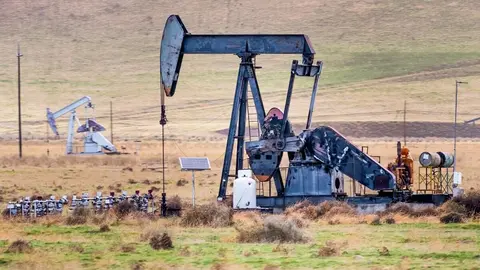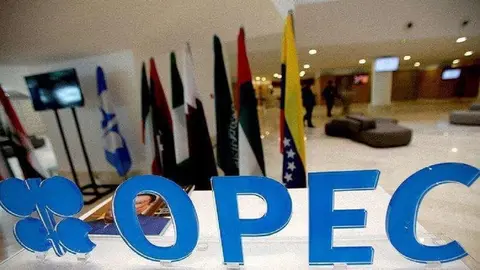Illegal oil exports from Kurdistan: a conflict of interests and sanctions
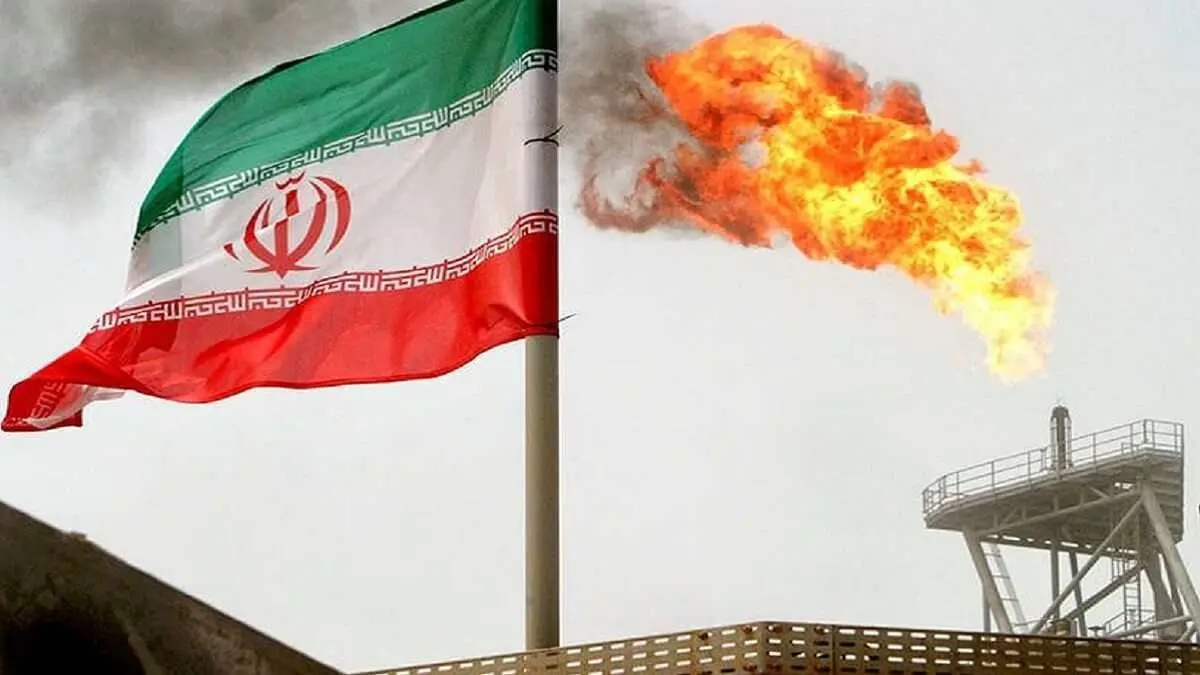
- Trade operations and numbers
- Impact on regional production and economy
- Lack of transparency and political benefits
- Black market trade and conflicts of interest
Every day, hundreds of oil trucks leave the area around Erbil, the capital of Iraqi Kurdistan, heading north to Turkey and east to Iran, causing traffic jams on the region's mountainous roads.
International observers believe that the oil exports could affect close relations between the US and Kurdistan. One US official warned that such practices could bring Kurdistan into conflict with Washington, which is assessing whether the oil trade violates US economic sanctions imposed on Iran.
According to Reuters, another US official said Washington is examining oil transactions to assess compliance with sanctions. The US Treasury Department declined to comment. A State Department spokesman added: "US sanctions on Iran remain in place and we are in regular dialogue with our partners on their implementation, although we do not disclose details of these discussions."
Trade operations and numbers
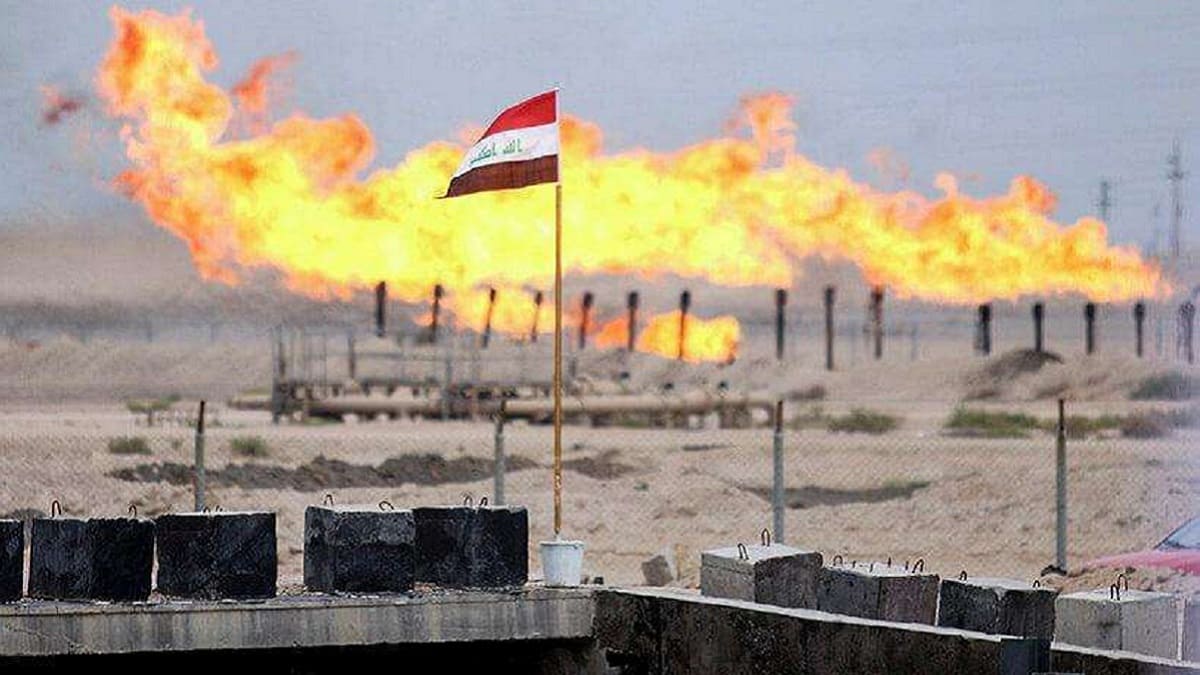
The trucks are the visible face of a huge operation to move oil from the Kurdistan region to Iran and Turkey through informal arrangements that have multiplied since the closure of an official pipeline last year. As reported by Al Arab, more than 1,000 trucks transport at least 200,000 barrels of oil a day at reduced prices to Iran and, to a lesser extent, Turkey, generating approximately 200 million dollars a month.
Asim Jihad, spokesman for the Iraqi Oil Ministry, stated that these Kurdish exports are not approved by the central government and that the State Oil Marketing Company of Iraq (SOMO) is the only entity authorised to sell Iraqi crude. Despite this, a senior Iraqi parliamentary official, who preferred to remain anonymous, said Baghdad is aware of the details of the trade but avoids criticising it publicly as it seeks to resolve disputes with Erbil.
Impact on regional production and economy

The volume of these unofficial exports is one of the reasons Iraq has been unable to comply with production cuts agreed by the Organisation of Petroleum Exporting Countries (OPEC) this year. Jim Krane, an expert at Rice University's Baker Institute in Houston, said: "OPEC is now less tolerant of smuggling and has imposed punitive measures on members who violate the law".
Until last year, the Kurdistan region exported most of its crude oil through the official Iraq-Turkey pipeline, which connected the city of Kirkuk to the Turkish port of Ceyhan. These exports, which amounted to around 450,000 barrels per day, were halted in March 2023 following an international court ruling that granted an Iraqi government request to halt shipments, leaving the pipeline in legal and financial limbo.
Lack of transparency and political benefits
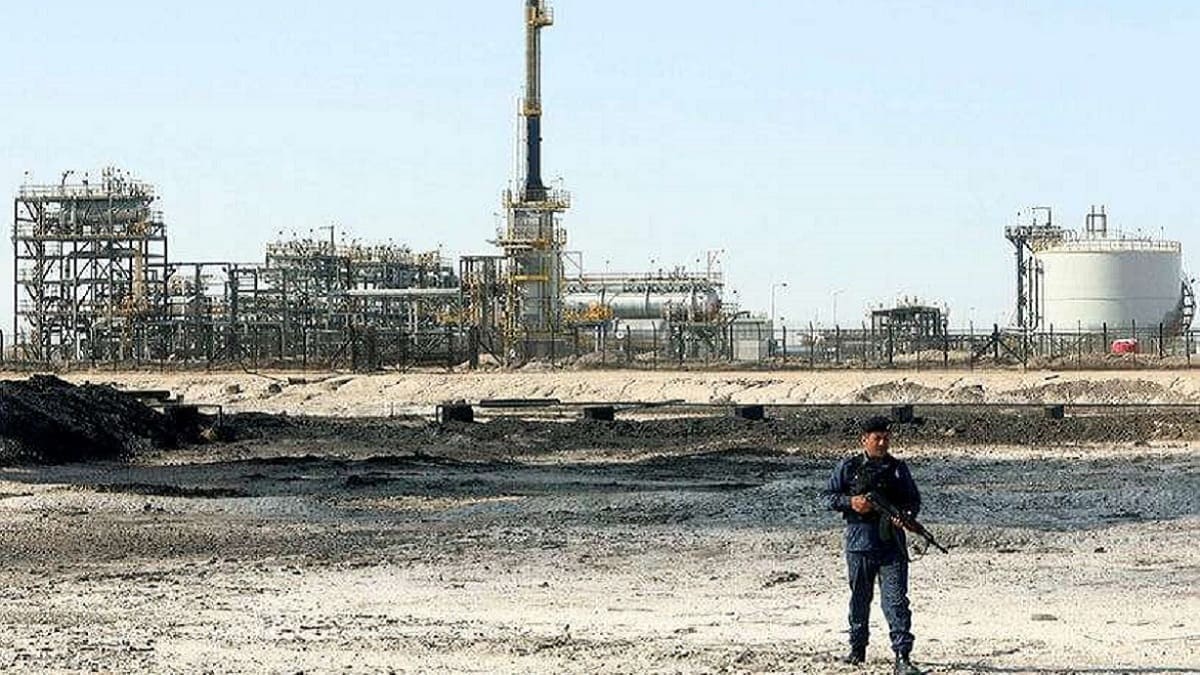
Local officials said there is no record of the revenue generated by the exports in the coffers of the KRG, which is struggling to pay the salaries of thousands of civil servants. Ali Homa Salih, former chairman of the Kurdish parliament's oil committee before its dissolution in 2023, estimated the trade at 300,000 barrels per day, higher than most estimates.
On the other hand, Hiwa Mohammed, a senior official of the Patriotic Union of Kurdistan (one of the two ruling parties in the region), mentioned that oil passes through the border crossings with the knowledge of the regional and Iraqi authorities. KRG officials did not respond to requests for comment.
In addition, a senior Kurdistan Ministry of Natural Resources official indicated that the region's oil production is 375,000 barrels per day, of which 200,000 barrels are transported to Iran and Turkey, and the rest is refined locally. "No one knows what happens to the revenues from the 200,000 barrels a day that are smuggled abroad," said the official, who asked not to be identified because of the sensitivity of the issue.
Black market trade and conflicts of interest
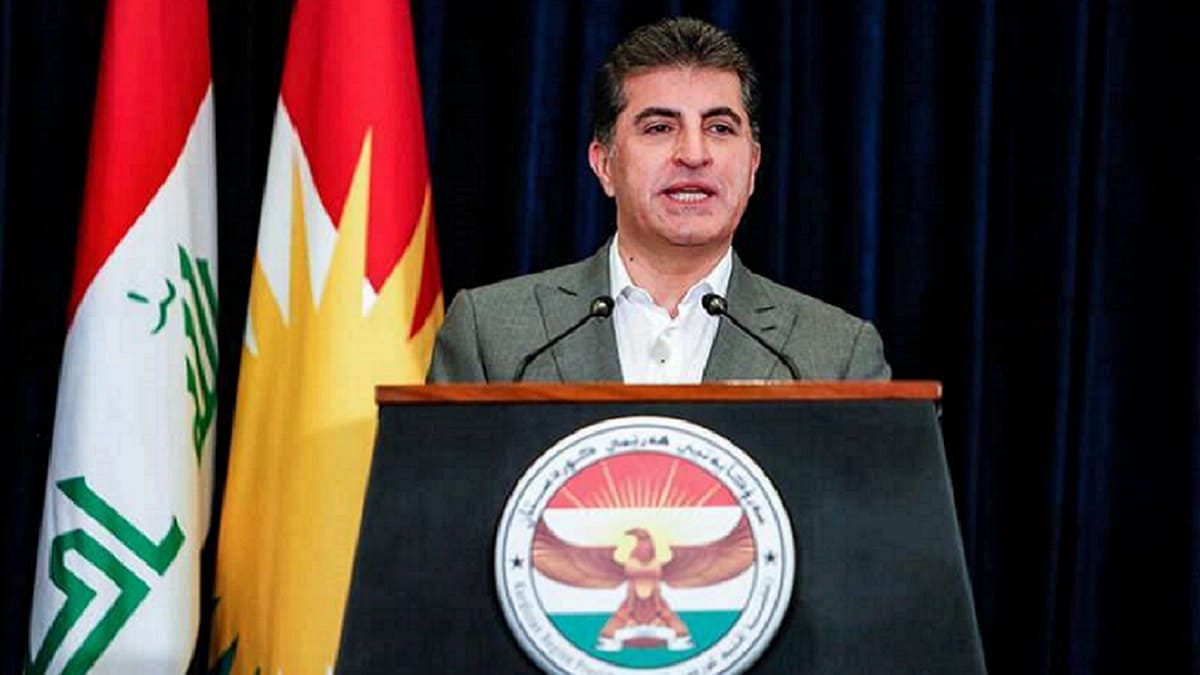
Political and oil industry sources said companies in Kurdistan sell crude to local buyers at discounted prices, generating at least $200 million a month. Oil production resumed at some companies, such as DNO, Keystone and Shamaran, to sell to buyers inside Kurdistan after the pipeline closure.
The oil trade benefits political elites linked to business interests. Twelve people claimed that the beneficiaries are officials of the two ruling parties in Kurdistan: the Kurdistan Democratic Party, to which the Barzani clan belongs, and the Patriotic Union of Kurdistan, of the Talabani clan.
A diplomat in Baghdad mentioned that political interests are so intertwined with trade that the resumption of official exports through the pipeline, once considered a priority, has dropped down the diplomatic agenda.
Thus, Kurdish officials claim that the region has been forced to resort to these exports because of the pipeline closure, which they see as part of efforts by Iranian-backed Shia parties in Baghdad to reduce the autonomy Iraqi Kurdistan has enjoyed since the end of the first Gulf War in 1991.

